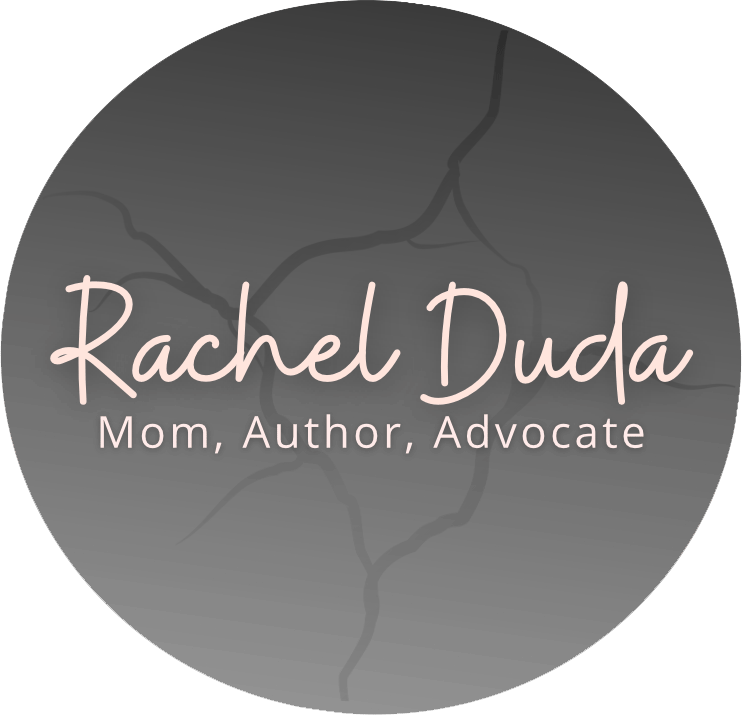The Māori word for autism
- Rachel Zirkin Duda

- Dec 30, 2024
- 3 min read
Updated: Dec 31, 2024
I recently learned that until just a few years ago, the Māori[1] language of New Zealand didn’t have a word for autism. According to the BBC, back in 2017, civil servant Keri Opai took it upon himself to coin the term, ‘Takiwātanga’, which he derived from the phrase: “tōku/tōna anō takiwā” – ‘his or her own time and space.’”

What a beautiful – and accurate – way to describe people on the spectrum! When I read that, I thought back to when Seth was a baby. Like most parents, I watched with delight as he hit each developmental milestone – holding his head up, turning over, sitting, crawling, walking, talking. He seemed to be right on target. He took his first steps shortly before he turned one, and not long thereafter, he said his first word, “light.” (Well, more like “ight,” but he was looking up at the light.)
However, by the time he was two, I noticed Seth was lagging behind other kids his age when it came to speech and socialization. He was still mostly babbling words I couldn’t understand, and he rarely wanted to interact with his peers – even going so far as to move away when other kids approached him. My concern grew as an increasing number of people tried to tell me not to worry – he would be fine. I didn’t feel comforted by those assurances. By the time he was nearly four and still not potty trained, one of my former co-workers quipped, “Don’t worry. He’ll be out of diapers by the time he goes to college.” I wasn’t amused.
I was worried. I compared Seth to his cousin, Eric, (who is around the same age), and he seemed to be a normally developing kid, while Seth was becoming more aggressive and pulling further into himself. I didn’t know what was going on or how to help him. He was having so much trouble in school. He was irritable most of the time. In public, he was able to hide his frustrations, but he didn’t want to (in his words) “pretend to be okay” at home, so I bore the brunt of his near-constant annoyance, (which was especially tough to deal with on top of my own mental health/neurodivergence issues). He occasionally made a friend, but those relationships didn’t last long. He was just “different” from other kids. (As a reminder, Seth wasn’t diagnosed with autism until he was 16, so before that, I was just making things up as I went along. By this point, I was at a complete loss.)
I wish I could go back in history and reassure “past me” that Seth really would be fine. I just needed to be patient and release any expectations I had about his development. He did eventually hit all his milestones – sometimes a little later than his peers – but he always got there. At 20, Seth has a small group of friends he hangs out with, a sweet girlfriend he has been seeing since Valentine’s Day 2024, and he handles his occasional irritability on his own without taking it out on others.
That said, I have been mildly concerned lately because Seth is in limbo. After finishing high school in August, he needed to take a break, but nearly five months later, he doesn’t have a job, nor has he entered college yet (though he is taking a class starting next month). Both he and I have been feeling a lot of pressure from people who think Seth is just being lazy, but I know in my heart of hearts that isn’t the case. Despite what anyone believes, Seth is internally motivated to move forward, but he has to figure out where he belongs in the world first, and he can only do that in – you guessed it – his own time and space. So, once again, I must be patient and trust that when he is ready, Seth will hit his next milestone – adulthood. Gulp.
[1] Māori is the language of the indigenous Polynesian people of New Zealand.






Comments